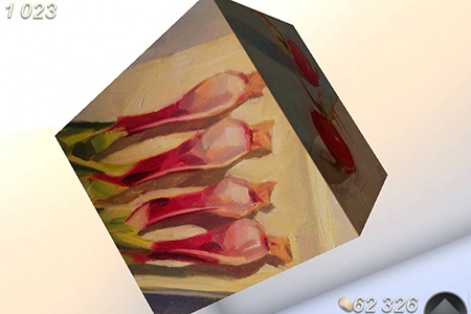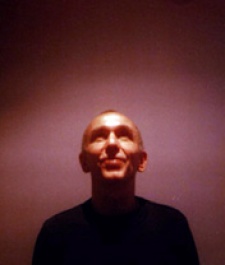Speaking during a one-on-one interview at the latest F2P Summit in Shoreditch, London, Molyneux was keen to pitch free-to-play as an opportunity one, if he is to be believed, that nulifies some of the issues that have dogged developers for decades.
Stretching it out
"We've always had this problem where you'd spend two or three years making a game like Fable," opened Molyneux, speaking to Develop's Will Freeman.
"You'd release it on the Friday and people would have finished it by the Saturday. It would take people as little as 12 hours to finish. It was really frustating."
In contrast, said Molyneux, the ability to "stretch play sessions out" is what immediately appealed about the free-to-play model. Users don't just play in one burst and leave they activiely engage with a title over a lengthy period of time.
"The other thing is, it gets rid of the one phrase we'd always get from marketing that we hated - 'can we have a demo?'"
"You used to spend a couple of days designing a demo when you should have spent weeks and weeks to do it properly. With free-to-play, the game itself is the demo."
Pause for thought
Indeed, instead of simply finding problems with free-to-play because it differs from what developers are used to, studios need to change their mindset.
"It's a completely different way of thinking," he continued.
"It's less about bombarding the player with feature after feature and more about stretching those features out. The anticipation of something is almost more powerful than receiving something.
"The longer that you stretch that out if you stretch it perfectly people will do unbelievable things to achieve a certain goal.
"Curiosity is the hyper example of that lets see what happens if you give the world a seemingly impossible challenge."
On Curiosity, Molyneux said he had personally "learned a lot" from the way players interact with the game.
First steps
"Starting on trying to make the best game ever seems wrong it's better to take one first step," added Molyneux.
"Free-to-play is something we needed to experiment with, because we didn't have any core experience with it, so I wanted to give my team something to play with.
"We've noticed with Curiosity that if people can see a face, if they can see eyes, their tap rate goes up 30 percent. If we put something more abstract on there, we get people drawing a lot more pictures a lot more genitalia, for instance.
"There are some people that go on Curiosity every day just to check they're like the statisticians. These are by far and away the most successful group of players."

Curiosity - what's inside the cube
Fully engaging with these consumers, he continued, is a matter of changing the way developers think about their games.
Game on
"I think free-to-play is a very different way to think about gaming entertainment," he said.
"If you think of console games as the equivalent of films, and I think free-to-play games are more like TV series. You watch an episode for half an hour, and then you wait a bit and watch the next episode.
"A lot of television programmes are crafted around that type of consumption, and the same is true of free-to-play.
"For core gamers, at the moment there's nothing that justify free-to-play. To stretch my analogy further, as far as they're concerned, they're watching Skyfall, and suddenly on comes [UK children's TV series] In The Night Garden."
Molyneux noted that developers "can't introduce free-to-play six months after release." It "has to be built into the design from the beginning crafted around it."
"I think we can all embrace free-to-play," concluded Molyneux.
"There are some bad examples of people trying to squeeze more and more money out of people, but if there are some delightful mechanics that enhance your experience, then I'm all for that."





















